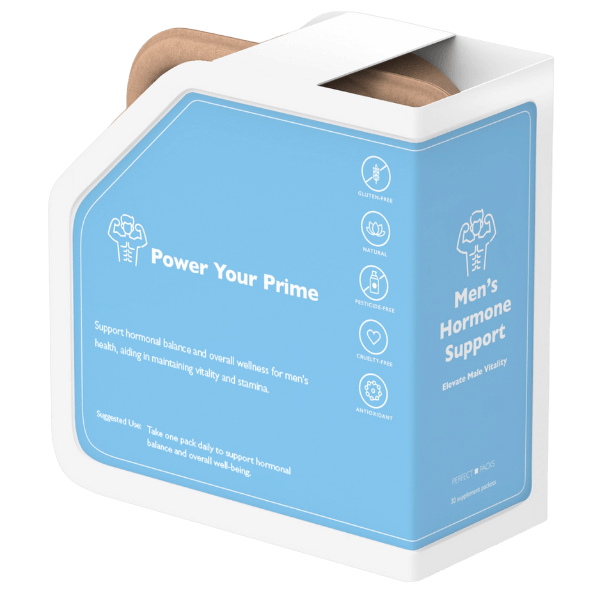Norditropin (
generic name: somatropin) is a form of human growth hormone used to treat growth failure in children and adults who lack natural growth hormone. Somatropin is identical to the natural hormone the pituitary gland produces, which plays a crucial role in growth, body composition, cell repair, and metabolism.
Somatropin is primarily prescribed to children with growth hormone deficiency,
Turner syndrome, and Noonan syndrome, as well as children born small for gestational age who fail to catch up in growth by the age of four. In adults, Norditropin treats growth hormone deficiency, which can lead to changes in muscle mass, bone density, and fat distribution.
This medication works by stimulating the growth of bones and muscles, helping patients achieve a more normal growth pattern. Norditropin is available in two injectable forms and is often used long-term to achieve the best results.
For more detailed information on growth hormone therapies and their applications, visit
this website.
Dosage
The dosage of Norditropin varies based on the condition being treated, age, and response to therapy. Pediatric patients’ typical dose ranges from 0.025 to 0.05 mg/kg of body weight per day, administered via subcutaneous injection. Adult doses vary but usually start lower and are gradually increased based on response and side effects.
Storage
Nordotropin has to be shipped via cold storage and must be stored in the refrigerator between 2°C to 8°C (36°F to 46°F). Do not freeze the medication. Check the product leaflet that comes with the pen to see whether, after the first use, the pen can be stored at room temperature (up to 25°C or 77°F). Sometimes, it can be kept out of the refrigerator for up to 21 days. Keep the medication out of reach of children and dispose of needles and syringes properly. Please read our article on the proper
disposal of medication.
FAQ
How long does it take to see results from Norditropin?
Results from Norditropin therapy can vary, but most patients start to see growth improvements within 3 to 6 months of consistent use. The full effects on growth can take several years to become fully apparent.
Can Norditropin be taken with other medications?
Somatropin may interact with other medications, particularly glucocorticoids and insulin. It is important to inform the prescribing healthcare provider of all medications currently being taken to avoid potential interactions.
Are there any lifestyle changes needed while taking Norditropin?
While no specific lifestyle changes are required, maintaining a healthy diet and regular exercise can support the effectiveness of growth hormone therapy.
This text is for informational purposes only. Please consult a doctor or pharmacist before using any medication.
Read the information leaflet that comes with the medication.
If after taking Norditrophin, a sudden allergic reaction (anaphylaxis) occurs, with symptoms like swelling of the face, tongue, or throat making it difficult to breathe or swallow, or there is wheezing, hives, rash, blistering, or peeling of the skin, call a doctor or 911 right away, or go to an emergency room immediately.
Most people who use Somatropin do not experience any adverse side effects. Doctors prescribe this medication because they assess the benefits of such treatment outweigh any likely unwanted effects.
Some of the side effects that have been reported include:
- Injection site reactions (pain, redness, swelling)
- Headache
- Muscle or joint pain
- Swelling (edema) in the hands and feet
- Fatigue
Not all side effects are listed here. If these or other unlisted symptoms persist or worsen, consult a healthcare provider or pharmacist.
Norditropin is FDA-approved for the treatment of:
- Growth hormone deficiency in children and adults. In children, it can lead to short stature, delayed puberty, and other developmental issues. In adults, the deficiency may cause changes in body composition, such as increased fat mass, decreased muscle mass, reduced bone density, and poor quality of life.
- Turner Syndrome, a genetic disorder that can affect females. Turner syndrome can result in short stature and the failure to develop secondary sexual characteristics.
- Noonan Syndrome, a genetic disorder that can cause short stature, heart defects, and unusual facial features.
- Children born small for their gestational age who do not experience catch-up growth by age 2-4.
Norditropin may be prescribed off-label to treat growth failure in children with chronic kidney disease before they undergo a kidney transplant. Symptoms of growth hormone deficiency in this context include short stature and delayed physical development.















